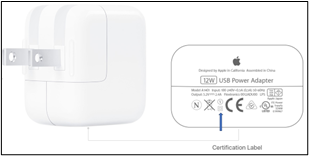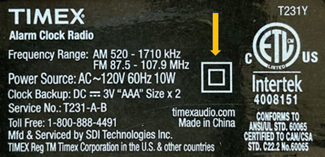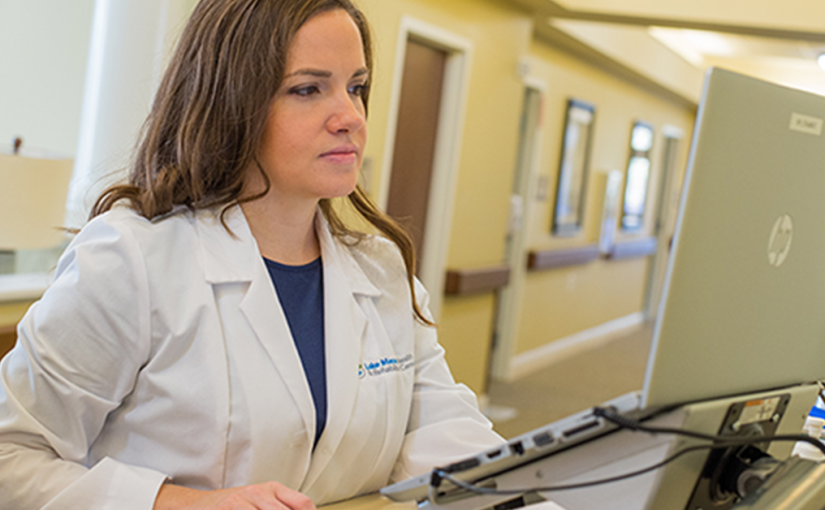Long term care facilities have numerous responsibilities when it comes to building components, systems, and equipment. Among these, ensuring the safety of resident-owned electronics is an important consideration. NFPA 99 (The Health Care Facilities Code®) provides clear guidelines for patient care-related electrical equipment (PCREE), but it also includes provisions for visually inspecting all nonpatient care-related electrical devices, including those owned by residents. This encompasses everyday items such as cell phones, chargers, tablets, radios, and alarm clocks, helping maintain a safe environment for everyone.
A comprehensive policy that addresses the inspection of resident owned electronics will include inspection frequency, who conducts the inspection, and inspection criteria. NFPA 99 does not specify any of these items, nor does it include a specific inspection checklist. Some general best practices include inspecting for issues such as frayed cords, cracked casings, damaged plugs, and loose wires. The inspection is essentially focused on identifying any items indicative of an unsafe condition.
Electronics that do not have grounding conductors (three prong plug) are generally not permitted in resident areas unless they are double insulated. A device that is double insulated is identified by a double square symbol on the device itself, as seen in the images below.
In addition to having a policy, facilities should have a mechanism to inform residents, families, and responsible parties of the process for inspecting such items. While a visual inspection most commonly occurs at the time of resident admission, electronics that are introduced to the facility at other times must also go through the inspection process. Establishing that expectation and clarifying the process at the time of admission can help maintain compliance thereafter.
One newer area to monitor is the introduction of items that include integrated charging ports and/or electrical outlets. These are becoming more common in items such as table lamps and even lounge chairs. Having an integrated USB charger should not be an issue since USB operates under low voltage. However, where there is an integrated traditional electrical outlet, it could be a concern. A surveyor could interpret the device to be similar to a power strip which could mean the requirements for relocatable power taps apply. These would be restrictive and likely limit the use of such items in a resident room or care area.
Ensuring life safety compliance is an important responsibility, and while it can be complex, having the right resources makes the process more manageable. A great starting point is obtaining a copy of the applicable codes and standards. The 2012 editions of both NFPA 101 and NFPA 99, along with all referenced codes and standards, are available for access and purchase at the National Fire Protection Association’s (NFPA) website (
www.nfpa.org). For additional support from AHCA/NCAL, please reach out via email at
emergencyprep@ahca.org.











